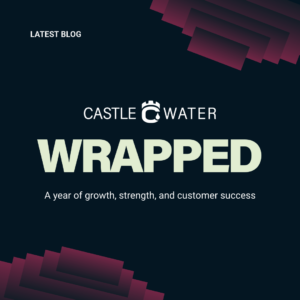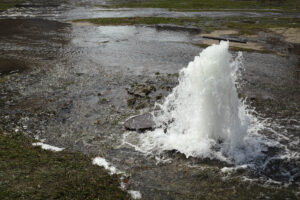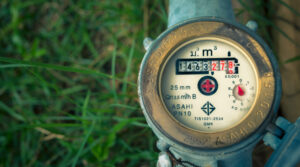The term ‘Day Zero’ was first coined in 2018 by the authorities in Cape Town, South Africa.
After three years of low rainfall, the city was heading for water shortages so serious that there was a distinct possibility that the city’s taps would have had to be turned off and water rationed to just 25 litres of water per person per day. The threat of ‘Day Zero’ worked, and disaster was averted by the more diligent use of water by homes and businesses.
- First the bad news
- Thankfully there is positive news
- The more we save now, the further away ‘Day Zero’ will be
First the bad news…
Given the amount of rain that falls here, it seems incredible that we could be thinking about a possible ‘Day Zero’ drought in any region of the UK, but it may be closer than we think. Back in 2018, it was revealed that London was on the list of the 11 global cities most likely to run out of drinking water. With London having a lower average rainfall than Paris or New York and taking 80% of its water from the River Thames and River Lea, it was reported that the city could be facing supply problems by 2025 and serious shortages by 2040.
In a 2019 interview, the chief executive of the Environment Agency pointed out that, within 25 years, Britain could be heading for the ‘jaws of death’ – the point at which the demand for water outstrips supply.
The Climate Change Committee (CCC) is an independent body that advises the UK and devolved governments on emissions targets and the impacts of climate change. Every five years, the CCC publishes a UK Climate Change Risk Assessment Evidence Report which details the risks of climate change to the UK. The most recent risk assessment was published in June 2021. The CCC concluded that since the last assessment in 2017, the overall risks the UK faces have increased and: “the pace of climate change is outstripping the actions taken to adapt to it”.
Thankfully there is positive news
The availability of water across the UK differs from region to region. While London is facing shortages, Scotland has more water than it uses, so there is potential for water companies in one region to supply those in another. The practice is already in use, with around 4% of the UK’s water currently transferred between regions.
Increasing the water supply by collecting heavy rainfall and storing water in reservoirs is another way of alleviating the likelihood of water shortages. The government is planning to designate new reservoirs as ‘nationally significant infrastructure projects’ in order to make it easier to get permission to build them for the future supply of water in the UK.
If necessary, water stress in London can be alleviated by desalination – building work on the UK’s only major desalination plant, which is located in Beckton, was completed in 2015, and the plant is available for use whenever it is needed. Desalination plants are hugely expensive to run, so they will only be used in times of drought, but the Beckton plant has the capacity to produce enough fresh water for a million people.
The more we save now, the further away ‘Day Zero’ will be
As the UK’s leading independent business water supplier, we support our customers to become more water-efficient and more sustainable by giving plenty of free advice and resources to ensure that ‘Day Zero’ is something we’ll never have to face. Water efficiency is key to keeping supplies going in the future, and what’s more, it will save your business money. By taking even the smallest of steps now, you’ll be making a big difference in the long run for both the health of the country and your profits. Use our free online resources to engage with your staff and encourage cultural changes that result in less water being used:
- Start with a simple review of your business’s water usage
- Follow our step-by-step guide to start saving water
- Understand how your water bill works
- Download our Achieving Behaviour Change guide to find out how to get your staff involved
Possibly the greatest efficiency your business can make is to put measures in place to detect leaks as soon as they occur. If you have a leaking pipe on your premises, your business will be liable for the cost, so you’ll end up paying for water you don’t even use – in the case of Swindon Borough Council, the early detection and repair of a leak saved them an estimated £250,000 a year!
While a ‘Day Zero’ scenario is unlikely to happen, there will always be a possibility that a burst water main could result in your business having no water supply at all. For some businesses, sending staff home to work remotely is simply not an option, so talk to us about water supply continuity and contingency planning to ensure the delivery of emergency supplies that will keep your business running.










